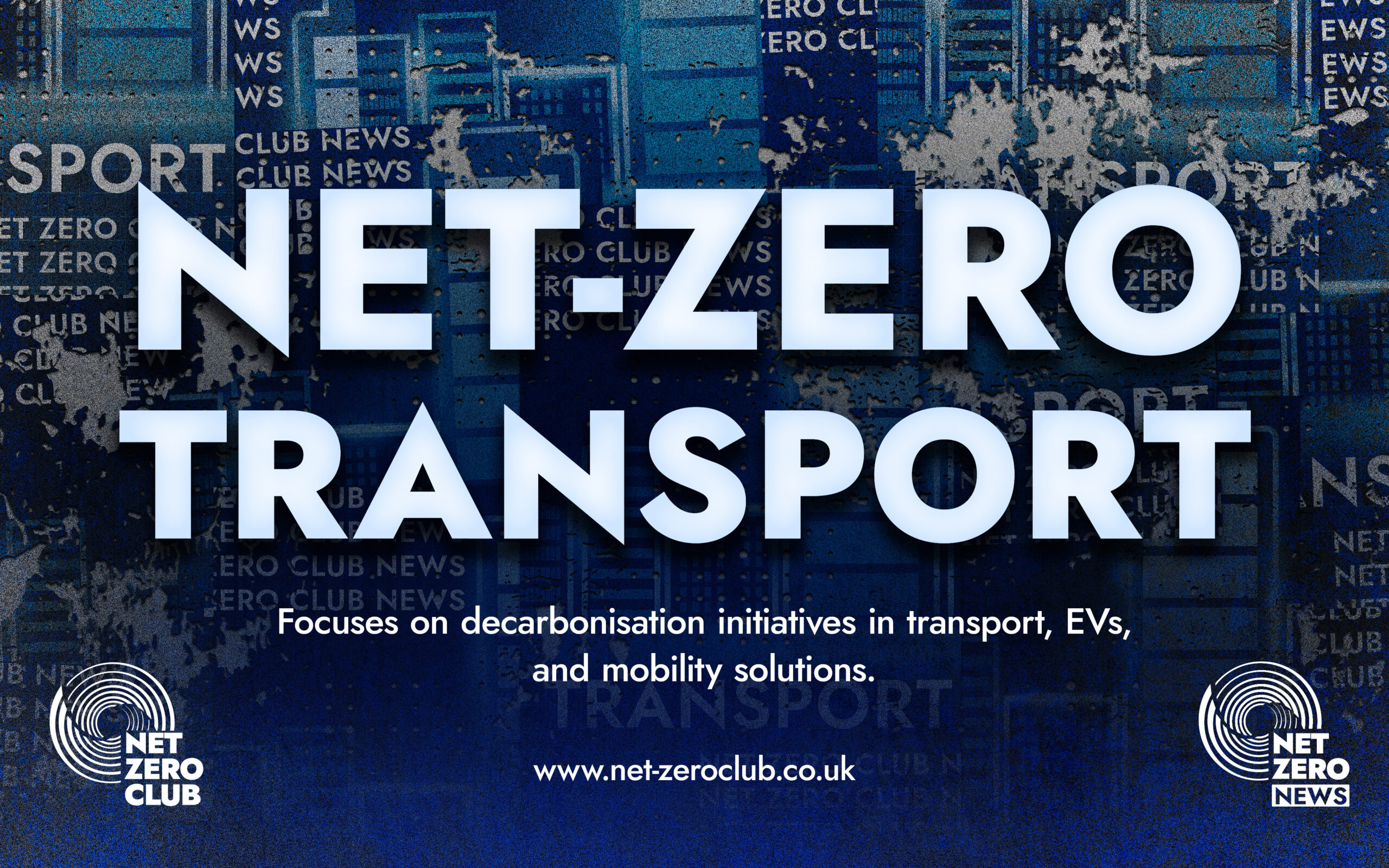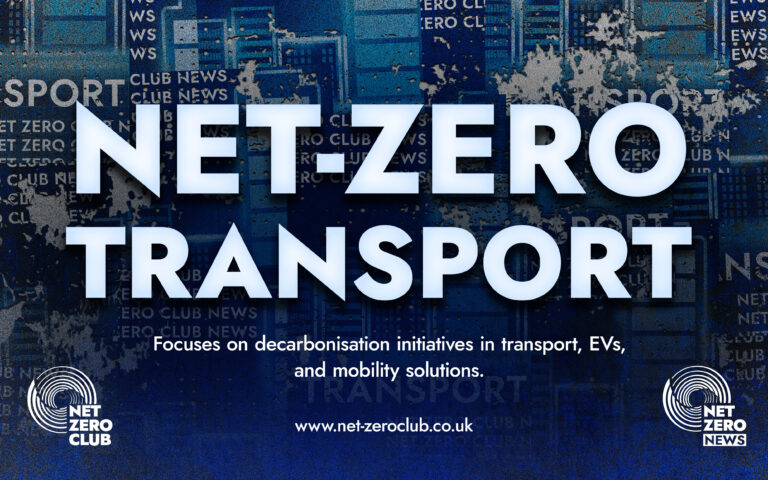Government EV Driver Tracker: Key Findings Revealed

Welcome, Net Zero News readers,
Exciting new insights have emerged from the Department for Transport (DfT) concerning the attitudes and behaviours of electric vehicle (EV) drivers across the UK. This important research sheds light on various aspects, including driving patterns, charging behaviours, and the factors that encourage or hinder EV usage. Conducted by Ipsos UK, the report surveyed a diverse group of 1,007 drivers, comprising 698 battery electric vehicle (BEV) drivers and 309 plug-in hybrid electric vehicle (PHEV) drivers in late 2024.
The findings offer a comprehensive overview of how drivers interact with their EVs, highlighting critical issues such as charging infrastructure, long-distance travel, and overall satisfaction with public charging facilities.
Key Findings on EV Ownership
One of the standout insights from the research is that a remarkable four in five drivers (79%) currently own a new EV, leaving only 21% who have opted for used models. This trend points towards a growing confidence in electric vehicles and their appeal among consumers. Notably, salary sacrifice schemes have emerged as a significant method for acquiring EVs, with nearly two in five drivers (40%) reporting that they obtained their vehicle through such a programme.
When examining usage patterns, the study revealed that almost three-quarters (74%) of EV drivers who have access to more than one vehicle tend to drive a BEV or PHEV most frequently. This preference is largely driven by the lower operating costs associated with electric vehicles, which are becoming increasingly attractive to environmentally conscious consumers.
Long-Distance Travel and Charging Habits
Delving deeper into long-distance travel, the data showed that two-thirds (68%) of BEV drivers reported using vehicles with an advertised range of over 201 miles. Despite this impressive range, about half of BEV drivers (51%) and just under half of PHEV drivers (44%) undertake long-distance journeys—defined as trips of 100 miles or more—requiring charging on route approximately once a month or less. Conversely, around 30% of drivers (28% BEV and 36% PHEV) indicated that they make such long-distance journeys at least once a week.
Interestingly, almost three-quarters (73%) of EV drivers expressed a willingness to use their vehicles for journeys of 100 miles or more. Among them, 44% preferred using a BEV, while 29% opted for a PHEV. These figures reflect an increasing comfort level with using EVs for longer trips, contingent upon certain key factors.
Confidence in Long-Distance Travel
Ensuring a smooth long-distance journey in an electric vehicle hinges on several factors. The study highlighted charger availability (specifically those with 50kW output and above) as a primary concern for 64% of BEV drivers. Other critical factors included vehicle range (62%) and effective route planning (54%). These elements collectively contribute to building confidence in making extended journeys.
Home Charging Versus Public Infrastructure
Home charging remains the preferred method for many EV drivers. A significant majority (76%) of BEV drivers have a dedicated home charger, which is notably higher than the 53% of PHEV drivers who reported the same. However, around 10% of EV drivers rely predominantly on the public charging network, with 12% of PHEV drivers and 9% of BEV drivers indicating this reliance.
Among BEV drivers who depend on public charging stations, the most frequently used locations include company car parks (27%), dedicated EV charging hubs (23%), and workplaces or educational institutions (19%). This reliance on specific charging locations underscores the importance of accessible and reliable public infrastructure.
Satisfaction with Public Charging Facilities
When it comes to satisfaction with public charging points, the results are mixed. Approximately half of the EV drivers surveyed (52%) expressed satisfaction with the availability of charging points in their local area. However, a notable 24% voiced dissatisfaction, indicating a significant opportunity for improvement in public charging infrastructure.
Drivers have articulated a clear desire for enhancements in charging facilities, with 47% seeking more affordable charging options, 45% advocating for quicker charging solutions, and 29% demanding greater reliability. Additionally, there is a call for more ultra-rapid (150+kW and above) and rapid (50-149kW) chargers to be installed in key locations, such as service areas and dedicated EV charging hubs.
The Future of EV Ownership
Looking ahead, the study paints a promising picture for the future of electric vehicles. More than three-quarters (78%) of EV drivers indicated they would likely purchase or lease another electric vehicle in the future. Furthermore, an impressive 88% of BEV drivers and 83% of PHEV drivers would recommend their vehicle type to others, reflecting a strong sense of satisfaction and loyalty towards electric vehicles.
For those interested in delving deeper into the findings, the full EV Driver Tracker report is available online.
Engagement Opportunities for Fleet Decision-Makers
As we continue to navigate the evolving landscape of electric vehicles, fleet decision-makers play a crucial role in shaping the industry’s electrification trajectory. To aid in this endeavour, Fleet World is inviting fleet decision-makers to participate in the 2025 EV Survey, sponsored by Europcar, Geotab, Ogilvie Fleet, and EY. This year’s comprehensive market research aims to explore current and future electrification plans and experiences within businesses.
The survey is designed to be completed in just a few minutes, making it an accessible opportunity for those who wish to contribute to the conversation surrounding EVs. All participants will automatically be entered into a FREE prize draw for a chance to win a delightful two-night stay, including breakfast for two at the Mariners Hotel in Lyme Regis, Dorset—a perfect getaway.
If you’re keen to participate and seize the chance to win this fantastic prize, click here to access the survey.
In conclusion, the insights from the DfT’s research not only highlight the growing adoption of electric vehicles but also point to areas needing attention and improvement, particularly in public charging infrastructure. The future of EVs in the UK looks bright, and as we continue to advocate for sustainable transportation, the voices of drivers are essential in driving the change we wish to see.
Thank you for engaging with us at Net Zero News. Together, we can champion the shift towards a more sustainable future.

 Got net-zero news, project updates, or product launches to share?
Got net-zero news, project updates, or product launches to share? 